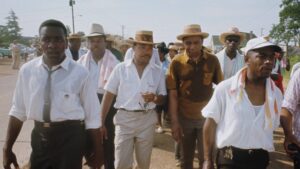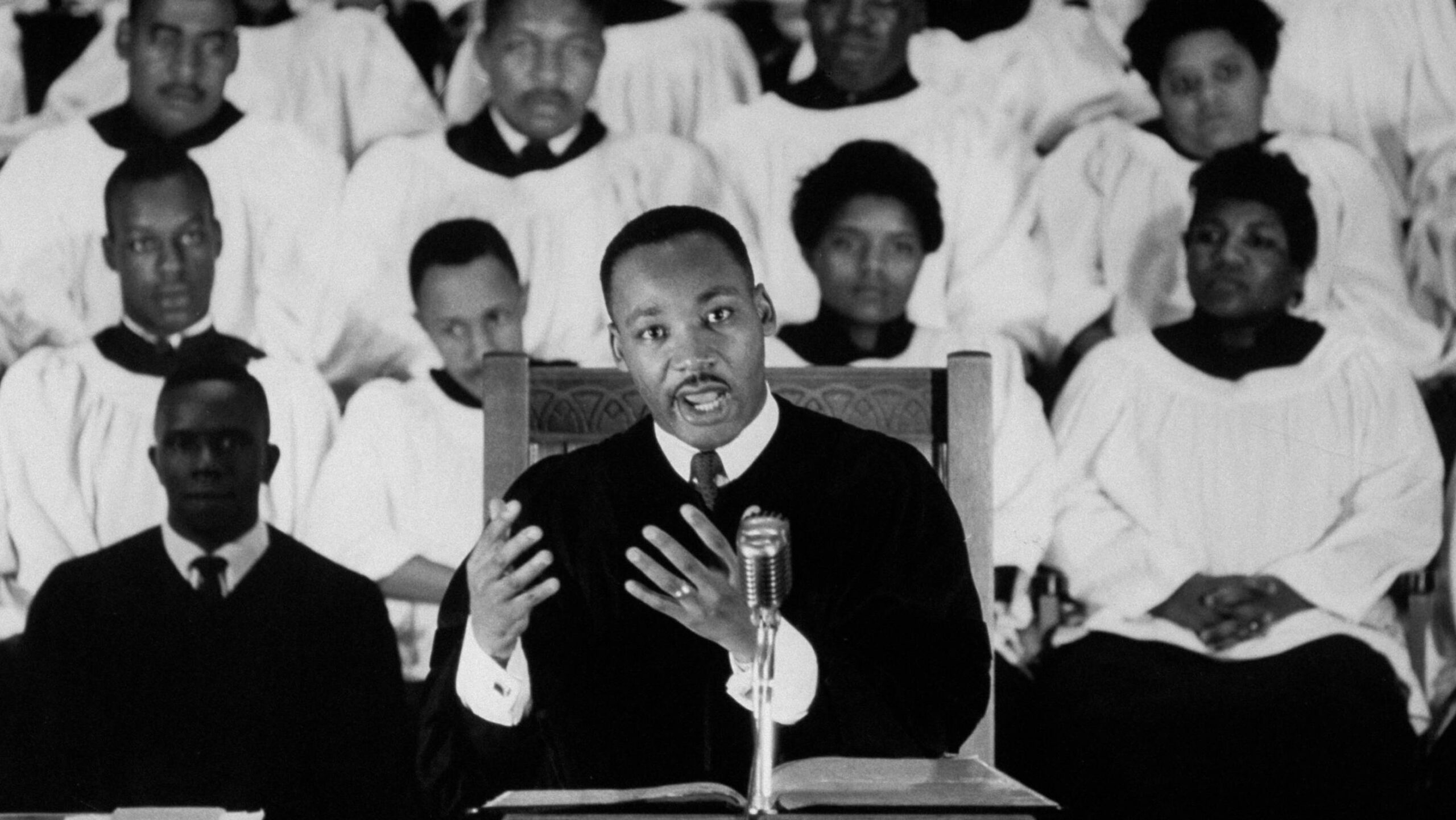By Matthew Allen
It’s been 39 years since the first holiday marking the birthday of Dr. Martin Luther King Jr. A whole generation has now come of age since the yearslong push to honor the Civil Rights icon came to fruition.
Although Dr. King’s legacy has endured since the 1950s, his nuanced rhetoric that took White supremacy to task has arguably been swept under the rug. Largely propped as an icon of peace and integration, Dr. King’s vision of the nation used pillars of spiritual morality and socio-economic intelligence to allow Black Americans an opportunity to rise about the strangulation of systemic prejudice.
It is important to use Mon. Jan. 20 as something more than a day off. It’s more of an opportunity to gain an understanding of what Dr. King was trying to teach us, as well as how he thought we should conduct ourselves by doing so. For this national holiday, some just relax, but many spend the day reflecting, organizing, volunteering, and teaching. Here are five activities you can choose for yourself and your family to mark the holiday.
Attend a Public Celebration
Every year, cultural institutions throughout the nation honor MLK, Jr. Day with special celebrations and performances. Many of these events are aimed at being family-friendly so that children can learn the influence and significance of Dr. King’s legacy and message.
In Nashville, the National Museum of African American Music has a program where patrons can create their own civil rights posters reflecting hope and vision for the future. And each year, the King Center presents its annual celebration of Dr. King’s legacy.
Read Dr. King’s Work
Much of Dr. King’s legacy has been condensed to his “I Have a Dream” speech. However, even that speech is cherry-picked, leaving out the opening portion that calls out white society and government for not holding up their end of the bargain.
In fact, Dr. King was far more progressive and methodical regarding how he saw the country. Instead of depending on quick soundbites and social media posts, read Dr. King’s books, like “Strength to Love” and “Letters From a Birmingham Jail.” Those words will fill in the blanks that are left by so many to complete his story and philosophy.
Organize and March

Dr. King’s utilization of non-violent protest was extremely effective when it came to the historic Montgomery, Ala., Bus Boycott of 1955-56, staging sit-ins, or public marches. In the 21st century, there still is no shortage of things to make our voices heard about. Whether its on voting rights, education, or police violence or systemic and institutionalized racism.
If you see an issue that requires peaceful protest, take it upon yourself to organize ranks to make your voices heard. King once wrote :“True pacifism is not unrealistic submission to evil power. It is rather a courageous confrontation of evil by the power of love.”
Donate to an HBCU
A young prodigy, Dr. King began his collegiate studies at an HBCU at the young age of 15. The Atlanta native attended Morehouse College and is actually part of a long tradition of Morehouse Men, following in the footsteps of his maternal grandfather Rev. A.D. Williams and his father Rev. Martin Luther King Sr.
HBCUs are crucial institutions for young Black students and professionals in the making, but some lack the resources of larger predominantly white institutions (PWIs). Donating to an HBCU can aid in the future of so many other people with educational dreams like Dr. King.
Volunteer at a House of Worship
Often, people sometimes forget that Dr. King was a reverend, descending from generations of clergymen. His leadership came via the Southern Christian Leadership Conference, utilizing the church and Black church culture as a centerpoint for organizing the Civil Rights Movement. Volunteering on Dr. King’s birthday would be an anthemic gesture of his message for people to make a big difference with their small actions and contributions.
The Black church continues to be crucial in organizing the contemporary Civil and Human Rights movements and its legacy is inclusive of all who wish to be a part of them. “Dr. King was fighting for the beloved community which included all people regardless of race,” Rev. William Barber co-chair of The Poor People’s Campaign, told the Associated Press in 2023. “He brought in everybody from different faiths and traditions.”

